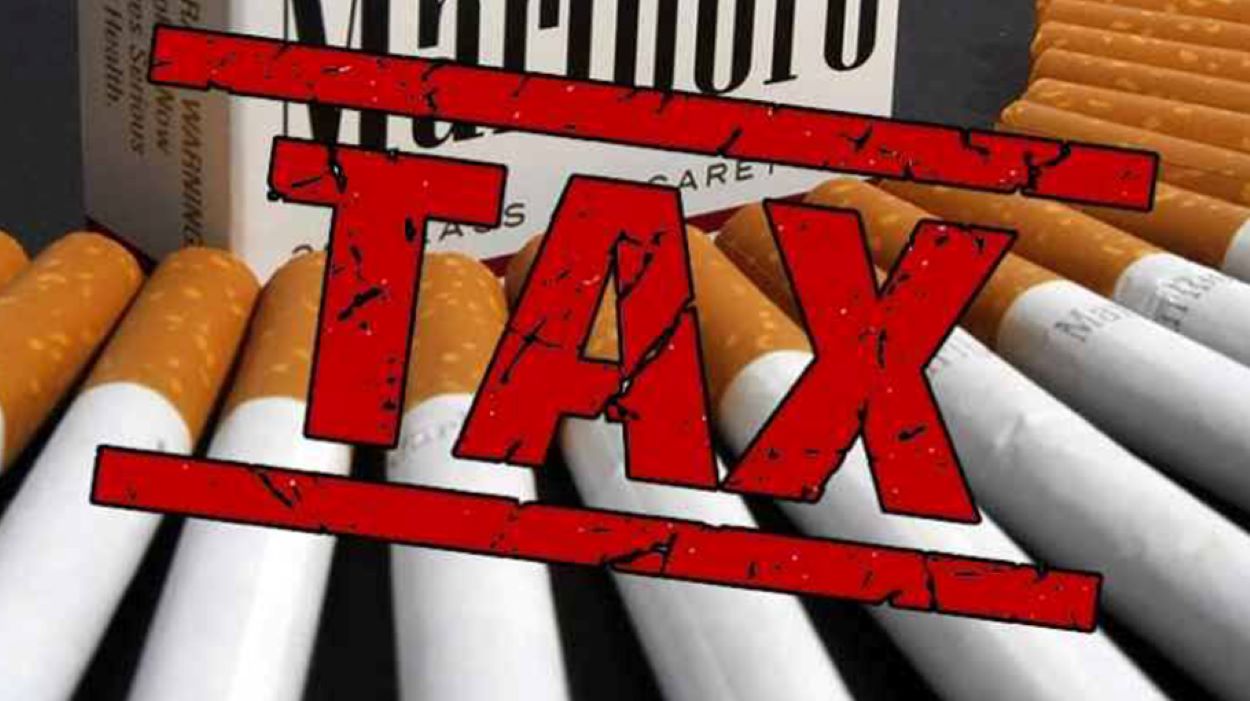The International Monetary Fund (IMF) has suggested a uniform tobacco tax to counteract Pakistan’s economic losses linked to the cigarette industry’s dominance, its widespread use, and the resulting health expenditures.
The IMF’s report calls for a consistent cigarette tax in Pakistan to mitigate health risks and maximize sectoral revenue.
According to the IMF, cigarette consumption dropped by 20-25% following tax hikes on tobacco. The Fund also recommends equal taxes for e-cigarettes and traditional tobacco due to similar health risks.
The Sustainable Development Policy Institute (SDPI) has pointed out tax collection gaps, with Pakistan losing Rs 567 billion in revenue over seven years, per SDPI and Federal Board of Revenue (FBR) data.
Ex-Health Services Minister Dr. Nadeem Jan suggests a 50% tax increase on tobacco products to curb usage among the young, aligning with WHO’s Tobacco Control Framework. Pakistan’s adherence to this Framework stresses the need for consistent cigarette pricing to manage the industry and decrease consumption.
The WHO proposes strict taxes to lessen tobacco use, noting a 10% price hike could reduce consumption by 4% in wealthier nations and 8% in lower-income areas.
The Pakistan Institute of Development Economics (PIDE) reports that smoking-related diseases and deaths cost Rs 615.07 billion in 2019, about 1.6% of GDP.
A recent Pakistani initiative raised Federal Excise Duty on cigarettes, boosting revenue and reducing smoking rates. The World Bank indicates standardizing this tax could further increase earnings.
Malik Imran Ahmed of the Campaign for Tobacco-Free Kids (CTFK) encourages following the IMF’s tax reform advice to enhance public health and economic stability.
The IMF cites a Capital Calling study pushing for tax reform proposals.






